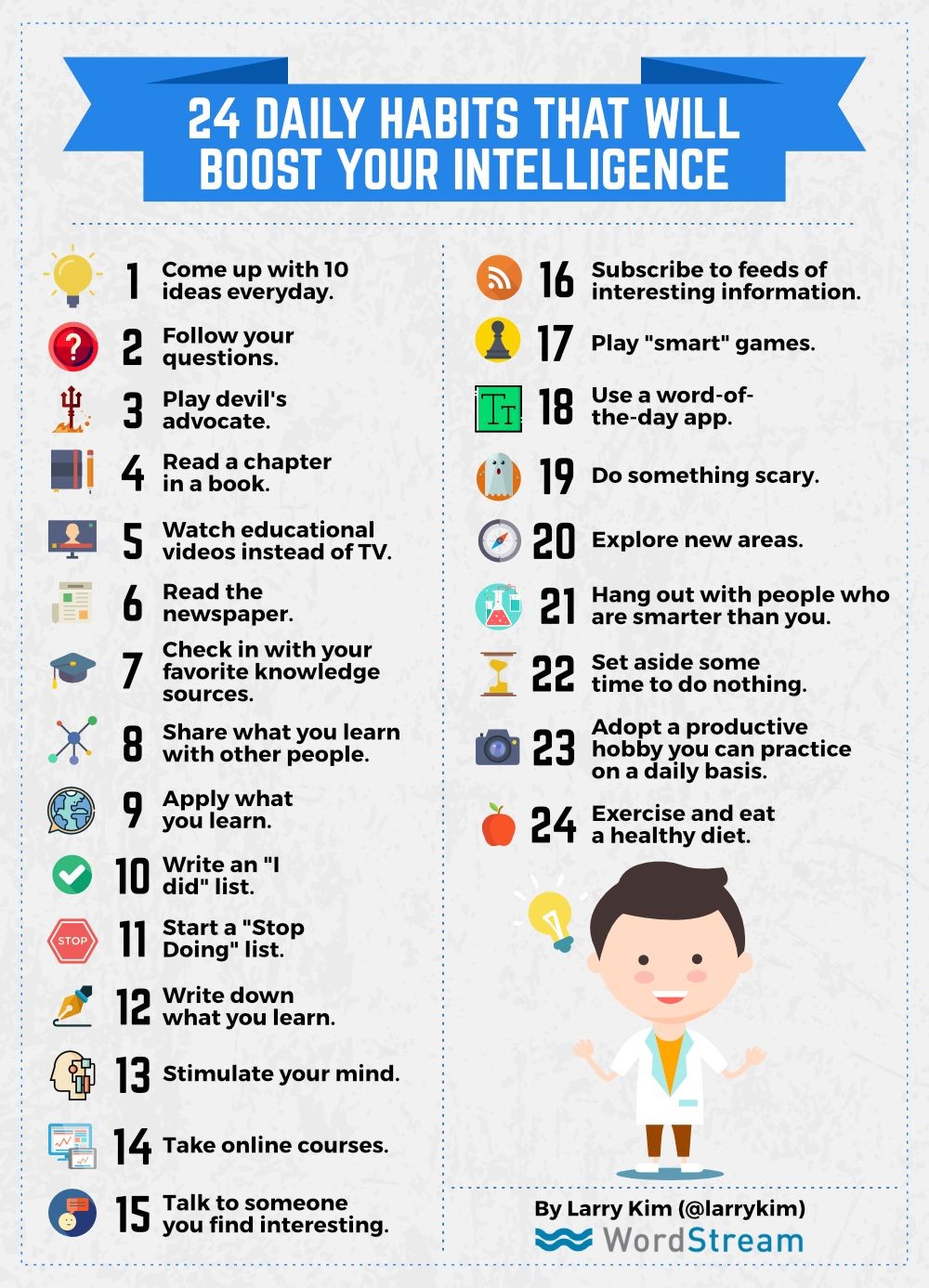
Increasing Your Child’s IQ
Improve your child’s IQ by providing challenges and encouraging independent problem-solving.
Yes, it’s possible to improve your child’s intelligence quotient (IQ). This involves stimulating their intellect through challenges and promoting independent problem-solving.
IQ measures reasoning capacity, assessing a person’s ability to use facts and logic to answer questions or make predictions. It measures puzzle-solving skills and memory recall.
IQ reflects how well one performs on a test compared to peers of the same age. Test scores vary, but the average IQ is 100, with 68 percent of scores falling between 85 and 115.
25 Ways to Boost IQ
- Introduce interactive music: Active participation in music has a greater impact than passive listening. Sing, listen to live music, and incorporate instruments.
- Teach a musical instrument: Learning an instrument improves brain function, particularly math and spatial reasoning skills. Choose from various options like guitars, keyboards, or sitars.
- Encourage a new sport: Physical activity is crucial for overall development. Sports stimulate the brain by releasing endorphins. Encourage your child to participate or play with them.
- Practice mathematical calculations: Solving math problems enhances brain function and IQ. Use this opportunity to teach your child to use an abacus.
- Deep breathing: This brain hack clears thoughts, reduces tension, and improves attention. Consistent deep-breathing practice thickens brain regions, enhancing overall function.
- Play brain games: Use educational smartphone games that boost brain function and IQ. Explore memory, spatial recognition, and coordination games.
- Create a strong bond: Studies show a correlation between secure parental attachment and better IQ test performance.
- Encourage imaginative play: Allow your child’s brain to engage deeply in constructed environments, stimulating creativity and problem-solving skills.
- Recognize effort: Praising a child’s efforts builds self-awareness and self-esteem, encouraging further growth.
- Consider breastfeeding: Breast milk provides essential nutrients for brain development in infancy.
- Increase healthy dietary fats: Healthy fats are crucial for brain growth. Incorporate fish oil supplements, avocados, coconut oil, or peanut butter.
- Prioritize nutrition: Regularly provide your child with nutritious food to support brain tissue formation and overall health.
- Encourage daily exercise: Physical activity enhances sensory development and intellectual performance. Active children have higher self-esteem and confidence levels.
- Challenge memory: Engage children in memory-recalling exercises, such as asking them to remember and recite events from their day.
- Promote problem-solving: Allow your child to solve problems independently, learning from their mistakes and developing critical thinking skills.
- Prioritize sleep: Sufficient and regular sleep is essential for overall brain function and cognitive development.
- Instill belief: Increase self-esteem and brain development by demonstrating trust in your child’s abilities. Children flourish when they feel loved and trusted.
- Cultivate verbal intelligence through reading: Reading enhances language skills, benefiting communication and daily activities. Early reading promotes cognitive talents.
- Learn new languages: Early language learning improves IQ and attention. Multilingual children exhibit stronger literacy skills and greater focus.
- Engage in educational video games: Video games can improve motor skills and memory development, fostering strategic thinking and collaboration.
- Embrace real-life experiences: Explore parks, museums, and different environments with your child. Every outing is an opportunity for learning.
- Opt for simple toys: Blocks and board games encourage creativity and problem-solving. Everyday items like cardboard boxes can become imaginative play resources.
- Foster curiosity: Expose your child to diverse activities, places, and cultures to expand their perspective. Encourage their natural curiosity.
- Encourage crafts and play: Engage your child’s creativity by providing materials for crafts and directing their playtime. Learning can be disguised as fun.
- Avoid overprotectiveness: Let your child experience challenges and difficulties. Overcoming obstacles fosters growth and problem-solving abilities.


